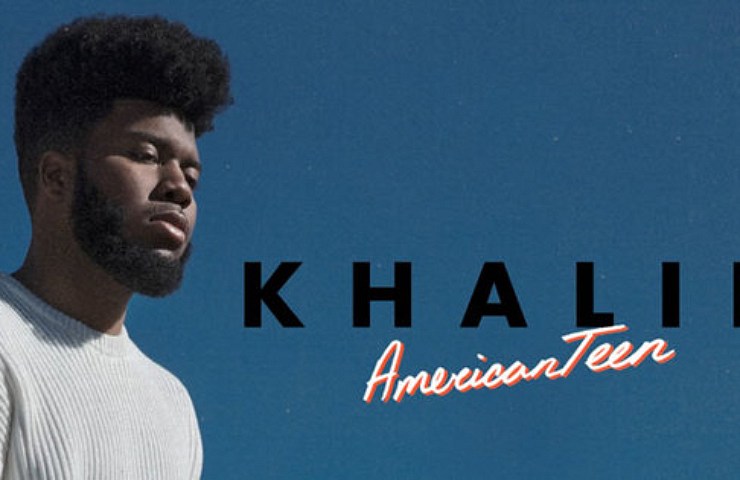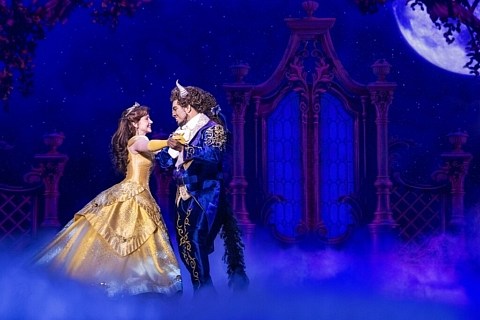When I was a kid, I would always watch “Motorweek;” a weekly program that reviewed new cars. Closer to the end of the show, they had this shoddily named segment called the “Long-Term Road Test Update,” that would review some of the more practical cars after a period of time. Over winter break, I put Khalid’s “American Teen” in heavy rotation and figured that it would be cool to give the El Pasoan’s album the “Motorweek” treatment. Also, I believe that it is important to look at albums after some time because it will give you more clarity to see if something is a classic or fleeting.
On my initial pass, “American Teen” seemed to be nothing but another ansty coming-of- age album. I could hear it through lyrics like “I still live with my parents…. no they’re not like yours, yours were more understanding,” from “8TEEN”. Nonetheless, Khalid’s majestic, soulful voice drew me in for another couple of listens. I soon became a complete convert, connecting deeply with the teenage version of myself. This album brought me back to that place of uncertainty, a place where feelings could be as volatile as Houston’s weather; a tumultuous place that can only be described as adolescence. Over the months, I began to see that this experience was not just limited to my perception of his lyrics, but the feeling that was exuded when anyone listened to his songs.
The feeling that this album captures is the most powerful and timeless thing about it. It’s almost as if Khalid took a snapshot of the inner heart of youth today and turned it into a glossy fifteen track album. No song better displays this snapshot quality than “Saved.” Khalid managed to capture the era that we live in today without being overly technical. He was able to exemplify the duality of separation in the modern era; how something can seem so close, but in fact be so far away. Comparatively, people kept mementos and trinkets of their former lovers in the past, but all we have today is just the digital remains, mainly in the form of numbers, text messages and pictures. This data, although entirely genuine and real, doesn’t bridge the gap of distance or time between people, leaving these types of relationships in an almost-zombified state. A state where anything could happen, but most likely nothing will.
I could list so many similar polaroid moments of youth that Khalid captured in this album. He described the wanderlust, the general feeling of wanting affection and attention at that age and the feeling of constriction that is placed on the young, from an-almost narrative perspective throughout. It feels grounded in reality, starkly contrasting the seemingly hyperbolic images that can come from some of his peers. This realism is what makes this album so democratic; it describes the stuff that almost everyone went through in their youth.





Recent Comments